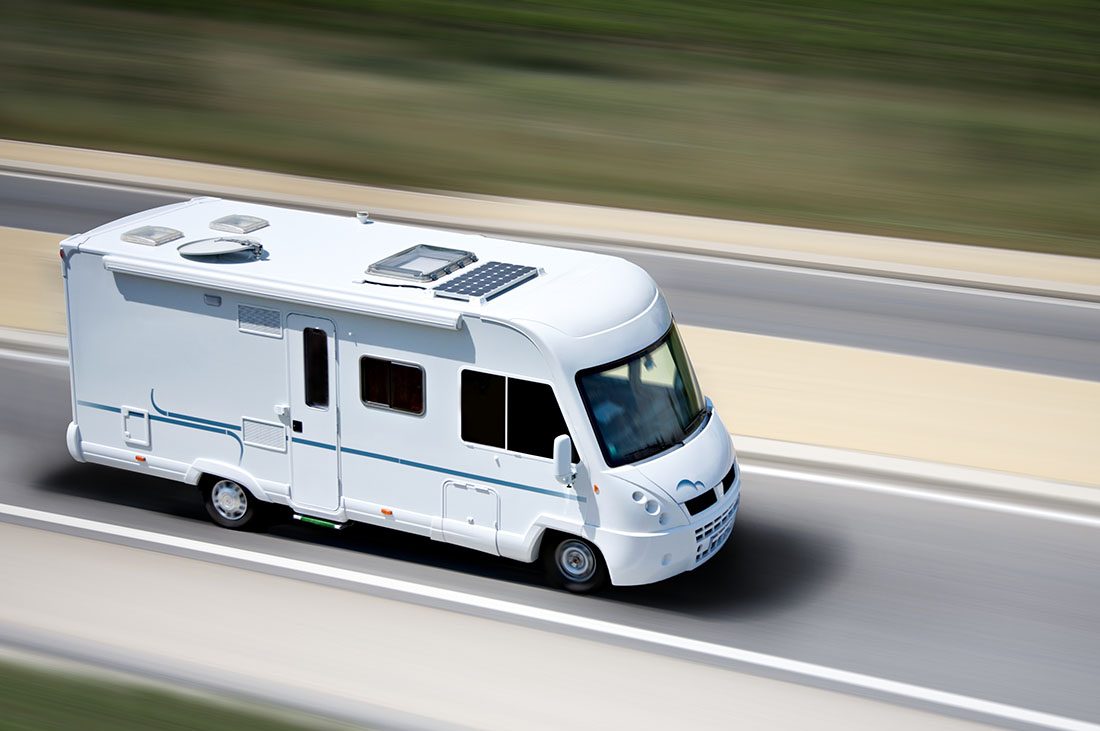RV hydraulic brakes — a little maintenance makes a big difference.
Maintenance on motorhomes can differ from your daily driver due to the infrequency of use and the age of the vehicle. While your car is used pretty well on a daily basis, the same is not true with most motorhomes. Also, unlike an automobile, most people keep their RV for longer periods of time. You expect corrosion to be a factor along with some seizures of components from the lack of use.
One of the things you must pay special attention to is the braking system. But even if the brakes have lots of lining left, you might feel they don’t seem to work at the level you would expect. Perhaps the vehicle is just showing its age. But is that acceptable? No! Whether it is a class B, C or A, the brakes need to perform to the best of their ability.
RV Hydraulic Brakes — Linings
Okay, there is plenty of brake lining. The braking applies evenly with no side pulling. However, the brake pedal feels a little sponge-like when applied.
Well, in the old days, we would just bleed the brake system at each wheel and top up the reservoir. And this seems to still work. Well, at least it did at first. You may again soon experience the spongy brake pedal.
So, what’s the issue here and how can it be corrected?
Brakes — Fluid is Key
In all likelihood the brake fluid has never been flushed and changed. All vehicles equipped with hydraulic brakes should have the brake system flushed and new fluid installed at least every few years. Failure to do this will result in inefficient braking performance. In addition, internal system component corrosion may occur.
To understand the importance of this you must grasp the characteristics of automobile brake fluid. While there are a variety of types, they all are prone to absorbing moisture. Moisture from humidity, condensation, and the like are all absorbed over time into brake fluid. This moisture, unlike the fluid itself, has a boiling point of 212 F. degrees or so, far below that of the brake fluid. Very high temperatures in the fluid directly at the drums or calipers occur during even light braking. The moisture, or water, boils, creating vapor within the closed circuit. Vapor is far more compressible than a fluid. This results in poor braking performance and the spongy feeling on the brake pedal.
So, if your motorhome’s brakes do not seem as good as they were when the vehicle was new, have the fluid flushed and replaced and it well may be.
Peter Mercer — With The Braking News
